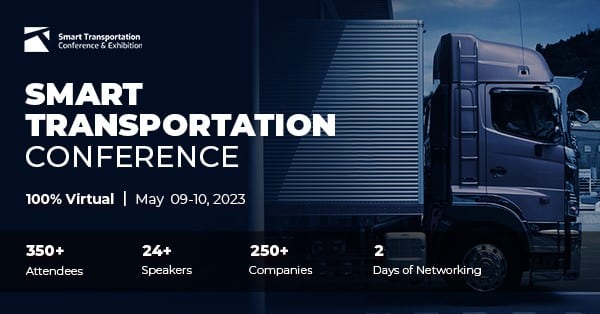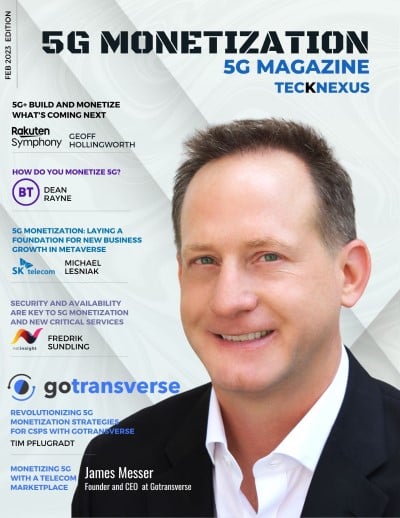SK Telecom has announced plans to launch a beta service for its AI-powered personal agent, Aster, targeting North American users starting in March 2025. The announcement was made during CES 2025 in Las Vegas, where the South Korean Telecom carrier opened beta registrations for the service.
Speaking at a press briefing, Chung Suk-geun, head of the Global Personal AI Agent Business Division at SK Telecom, explained that Aster delivers a unique experience compared to conventional AI services. “Unlike traditional AI that simply provides answers to questions, Aster serves as a proactive life-management assistant capable of handling essential daily tasks,” Chung said.
Aster Introduced as Agentic AI for Life Management
Aster, first unveiled at the SK AI Summit in Seoul last November, has been designed as an “agentic AI.” It leverages generative AI technology to perform tasks such as personalized planning, reminders, execution, and advice. This positions Aster beyond simple Q&A services by allowing it to understand user intentions, set goals, and complete tasks on their behalf.
The platform integrates conversational search capabilities through a collaboration with Perplexity, a next-generation AI-based search service. This integration allows Aster to enhance user experiences by delivering solutions through interactive user-agent interactions.
Aster’s Key Features: Transforming Everyday Tasks into Seamless Solutions
Aster focuses on life management, enabling users to offload mundane tasks and concentrate on what matters most. For instance, a business traveler in Las Vegas could ask Aster for recommendations on how to spend their last day in the city. Aster might suggest options like dining, shopping, or attending a performance, then create a personalized itinerary. Beyond recommendations, Aster assists with nearby restaurant suggestions, transportation planning, and even managing bookings and payments—all within the platform.
This seamless functionality sets Aster apart from other AI services, as it simplifies decision-making and boosts productivity by guiding users step-by-step. SK Telecom officials highlight that the AI agent’s ability to manage tasks holistically enhances user convenience.
SK Telecom’s Roadmap for Aster and Future AI Collaborations
SK Telecom plans to enhance Aster’s capabilities by deepening collaboration with third-party AI services. The company intends to expand Aster’s integration with Perplexity’s conversational search technology and establish partnerships to broaden the platform’s functionality. Following its U.S. beta launch, SK Telecom plans to roll out Aster in additional global markets in 2026.
The telco also aims to refine Aster’s performance by gathering feedback from beta users. This iterative approach ensures that the AI agent evolves to meet user needs effectively.
How SK Telecom is Positioning Itself as a Global AI Leader
The development of Aster aligns with SK Telecom’s broader strategy to position itself as a global leader in artificial intelligence. In 2025, the company announced a comprehensive organizational restructuring to strengthen its dual focus on telecommunications and AI. CEO Ryu Young-sang described 2025 as a “year of action,” with the company streamlining its operations to execute its strategic priorities more effectively.
As part of this restructuring, SK Telecom established seven business divisions centered on telecommunications and AI. Additionally, it merged its AI R&D efforts into a unified AI R&D Center to bolster capabilities in areas like digital twins, AI factories, and advanced AI applications. The company also launched an AT/DT Center to integrate AI transformation initiatives across SKT and its subsidiary, SK C&C.
Advancing Telecommunications with AI-Powered Solutions
SK Telecom recently completed beta testing for its AI Customer Service Support System, powered by its proprietary telecommunications-specialized large language model (Telco LLM) and large multimodal model (LMM). The system, launched in mid-October, has demonstrated promising results by delivering optimized AI solutions tailored to telecommunications services.
To achieve this, SK Telecom collaborated with leading global large language model (LLM) companies and employed rigorous testing to refine its models. These advancements underscore SK Telecom’s ability to innovate in AI systems specifically designed for telecommunications applications.
What’s Next for SK Telecom and Its AI Vision
SK Telecom’s proactive investments in AI and telecommunications are expected to pave the way for significant growth. With services like Aster and its AI Customer Service Support System, the company is positioning itself as a key player in the global AI landscape. By leveraging partnerships, continuous R&D, and user-centric design, SK Telecom is set to redefine the role of AI in daily life and telecommunications.



















